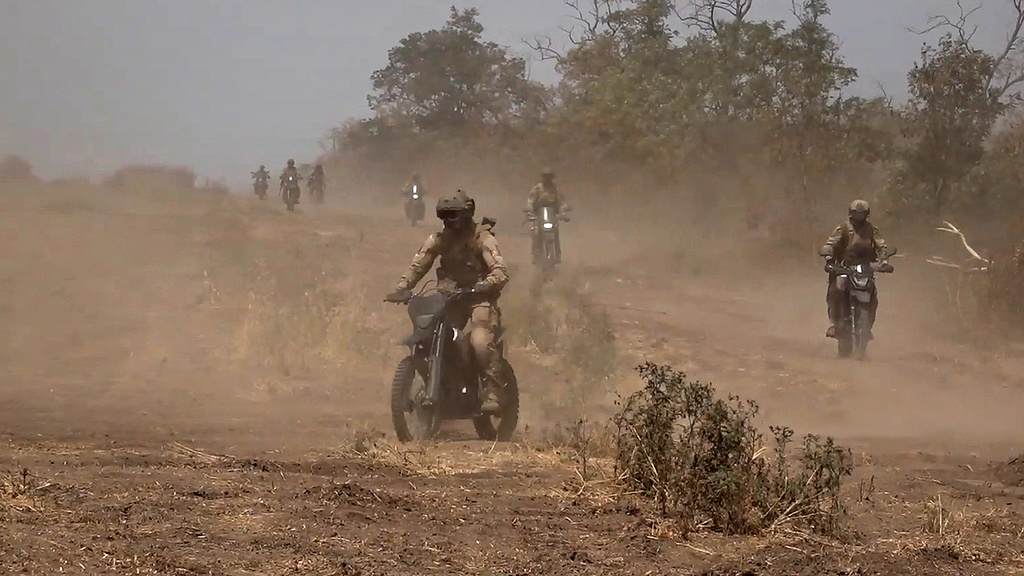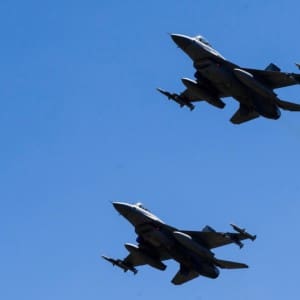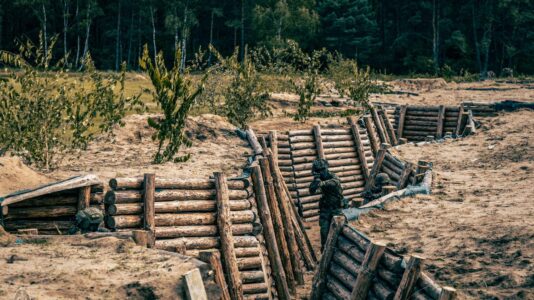In a stealthy predawn maneuver a week ago, Ukrainian forces launched a counteroffensive targeting the Kursk region. Initial reports indicated both parties held a tacit silence during the early hours of the operation. It has now been confirmed that Ukrainian troops have advanced deep into Russian-held territory, throwing Russian forces into confusion and forcing them to regroup.
The operation caught Kyiv’s Western allies off guard, prompting responses from global powers. The United States, along with Germany and Belgium, has affirmed Ukraine’s right to self-defense, which includes offensive measures on enemy soil, with potential use of their military equipment.
As the fog of war persists over the Kursk region, the clarity of the operation’s outcomes remains obscured. However, according to Australian strategist, Gen. Mick Ryan, the initiative has evidently disrupted the usual dynamics between the parties involved.
“Ukraine’s ability to spring such a surprise has not only unsettled the West but also the Russians,” noted retired General Ryan in his analysis.
In an interview with Polish news outlet, Wirtualna Polska, Gen. Ryan highlighted the strategic and tactical successes of the Ukrainian forces. “The Ukrainians didn’t just surprise their enemy; they shocked them into a slow response. Clearly, Ukraine has identified and exploited a significant vulnerability in Russian defenses.”
The operation’s success extended beyond mere territorial gains. Ukrainian forces effectively conducted parallel operations that impeded Russian reinforcements from reaching the conflict zone. These included not only ambushes but also the strategic destruction of airbases and ammunition depots, critically undermining Russian logistical capabilities.
“Such actions buy crucial time, allowing Ukraine to maintain operational momentum,” Gen. Ryan added.
Further, Ryan pointed out the broader implications of the offensive. “This operation isn’t just about tactical gains. The Ukrainians are also sending a strong message to both Russian President Vladimir Putin and the West, encapsulating a range of political and strategic intentions,” he stated.
“Another strategic goal might be to alter the narrative of the war in a way that’s more favorable to Ukraine. Boosting the morale of the Ukrainian populace is also a potential aim, considering the prolonged defensive struggles and infrastructural damages they’ve endured,” Ryan added.
Regarding the distinctiveness of this year’s counteroffensive compared to previous efforts, Ryan pointed to enhanced Ukrainian military preparedness and tactical sophistication. “This time, the operation was conducted by experienced units using advanced anti-air tactics and electronic warfare, marking a significant evolution from last year’s efforts where less prepared units were deployed.”
While it is premature to determine the full impact of Ukraine’s daring move in Kursk, the operation represents a significant shift in the conflict’s dynamics. Whether this proves to be a masterstroke that changes the war’s momentum or a strategic error compounding existing challenges will unfold with time, according to the Australian general.






